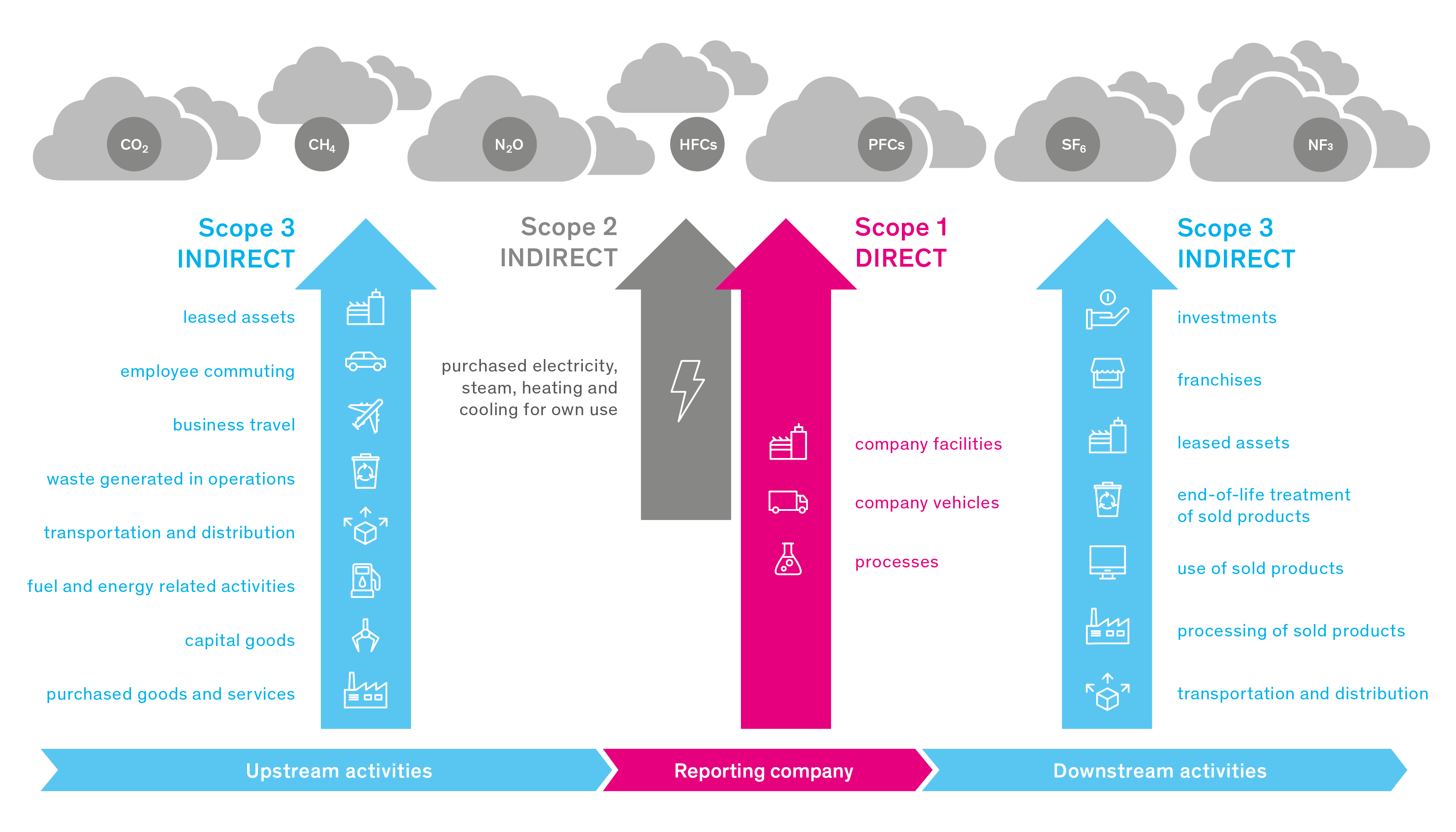Anniversary Prize Draw Replaces Events Cancelled due to Coronavirus
In 2020, ewp decided to embark on a “journey to CO2 neutrality,” says Benno Singer, CEO of ewp. “Last year, in collaboration with myclimate, we took the first step and had our carbon footprint calculated. We are now developing measures towards becoming a net zero business.” Following the cancellation of its anniversary celebrations due to coronavirus, the company had the idea of giving away myclimate CCFs to its customers as part of an anniversary prize draw, thereby helping them get to grips with their own emissions. According to Benno Singer, the response was huge: “We were thrilled with the high number of participants and the wealth of positive feedback; the prize draw was a total success!”
myclimate has already contacted the two winning companies, Bänziger Partner AG and B+S AG, and will begin analysis of their respective carbon footprints at the end of January. But what exactly is a CCF?
Corporate carbon footprints explained
A corporate carbon footprint is applied for companies and organisations. It considers all relevant greenhouse gas emissions within a defined reference period, usually one year. The sources of greenhouse gas emissions can be classified either according to functional categories (including energy consumption, vehicle fleet, transport, business travel, materials) or according to the scopes model of the Greenhouse Gas Protocol. A distinction is made between emissions generated directly in the company’s own facilities (scope 1), indirect emissions from purchased energy, for instance electricity and district heating (scope 2), and other indirect upstream and downstream emissions, for example from business travel and purchased materials (scope 3). The methodical approach is based on internationally recognised standards (ISO 14064, GHG Protocol, CDP, GRI).
Establishing a corporate carbon footprint is an essential part of climate protection in the corporate arena. It serves as a basis for systematic CO₂ management and for reporting greenhouse gas indicators for sustainability reports (e.g. in accordance with GRI or CDP). A corporate carbon footprint is also necessary for developing a CO₂ target and reduction path for a company’s sustainability strategy, which is part of the requirements set forth in the Science Based Targets initiative.
Whether you are an SME or large corporation – why not commission a CCF for your company?
We recommend taking advantage of our tools for establishing corporate carbon footprints and systematic CO₂ management. We offer a selection of solutions with the web-based platform myclimate smart3 as well as a range of consultancy packages. Contact us or find out more on our website.
